- What conditions can affect speech for adults?
Medical issues such as stroke, Parkinson’s disease, or Multiple Sclerosis can affect speaking and language skills. Accidents that injure the brain, throat, jaw, or facial structure can also impair the ability to speak. While adult speech therapy is not guaranteed to cure all speech disabilities, many patients see strong improvement in language skills and increased confidence and quality of life.
- How does aging affect speech and language?
Age is another factor that can lead to speech and language disorders. Weakened muscles in the throat and vocal cord area and diminished cognitive abilities can be as detrimental to speech as illness or injury. Advanced age can also affect swallowing abilities. Many speech therapy treatments are useful for both speech disabilities and swallowing disorders.
- What are common signs that an adult might need speech therapy?
An inability to speak properly is often embarrassing, and many adults are reluctant to seek help. It may be time to seek out speech therapy if your loved one experiences any combination of the following symptoms:- Speaking softly or barely able to whisper
- Rapid rate of speech with mumbling
- Hoarseness, breathiness, or nasal and stuffy-sounding speech
- Poor vocal quality
- Decline in memory
- Decline in ability to produce or understand language
- Difficulty with non-speech movements such as sticking out the tongue
- How are speech disabilities diagnosed?
Speech therapists perform a variety of mental and physical tests during the diagnosis process. Treatment will begin once the underlying cause of the disability is identified. The therapist customizes a program to fit the needs of the patient and their specific disorder.
- How do I get started?
Call, fill out intake forms, schedule evaluation
- Can I join in or observe the evaluation/session?
Yes, highly recommended. We focus on family involvement and carryover at home.
